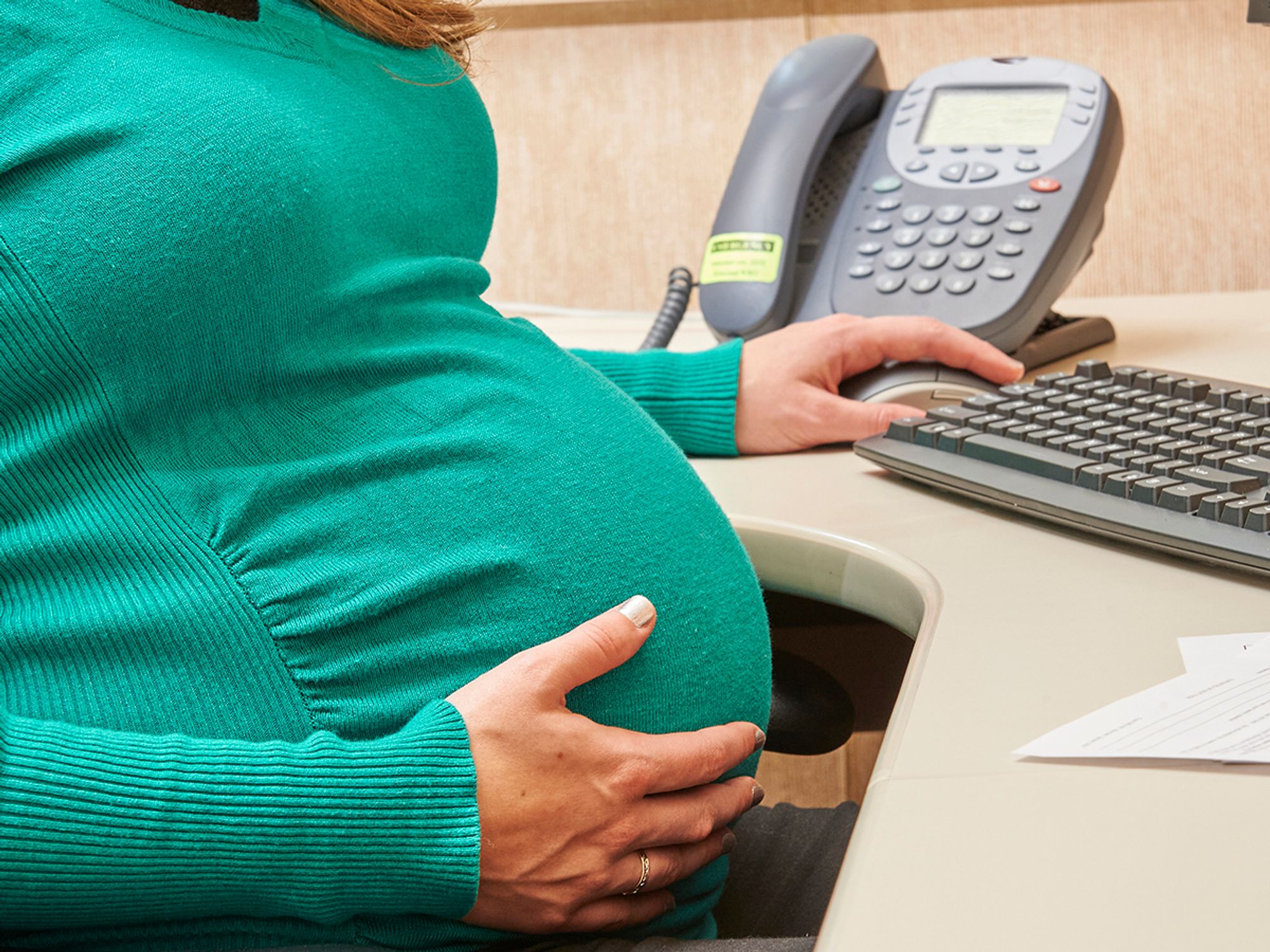Can pregnancy be a disability?

- Pregnancy, by itself, is not a disability, but impairments related to pregnancy are covered by the ADA.
A somewhat common issue is when employers will not make accommodations for pregnant employees and instead terminate the employees or force them to go on leave. Although pregnancy itself is not considered a disability, pregnant employees may have impairments related to their pregnancies that qualify as disabilities under the Americans with Disabilities Act (ADA). Several pregnancy-related impairments are likely to be disabilities despite being temporary, such as:
- Pregnancy-related carpal tunnel syndrome
- Gestational diabetes
- Pregnancy-related sciatica
- Preeclampsia
Employers may not discriminate against an individual whose pregnancy-related impairment is a disability under the ADA. This includes providing a reasonable accommodation, unless the accommodation would result in significant difficulty or expense (“undue hardship”).
Pregnant employees are also protected under the federal Pregnancy Discrimination Act (PDA) and the Pregnant Workers Fairness Act (PWFA).
